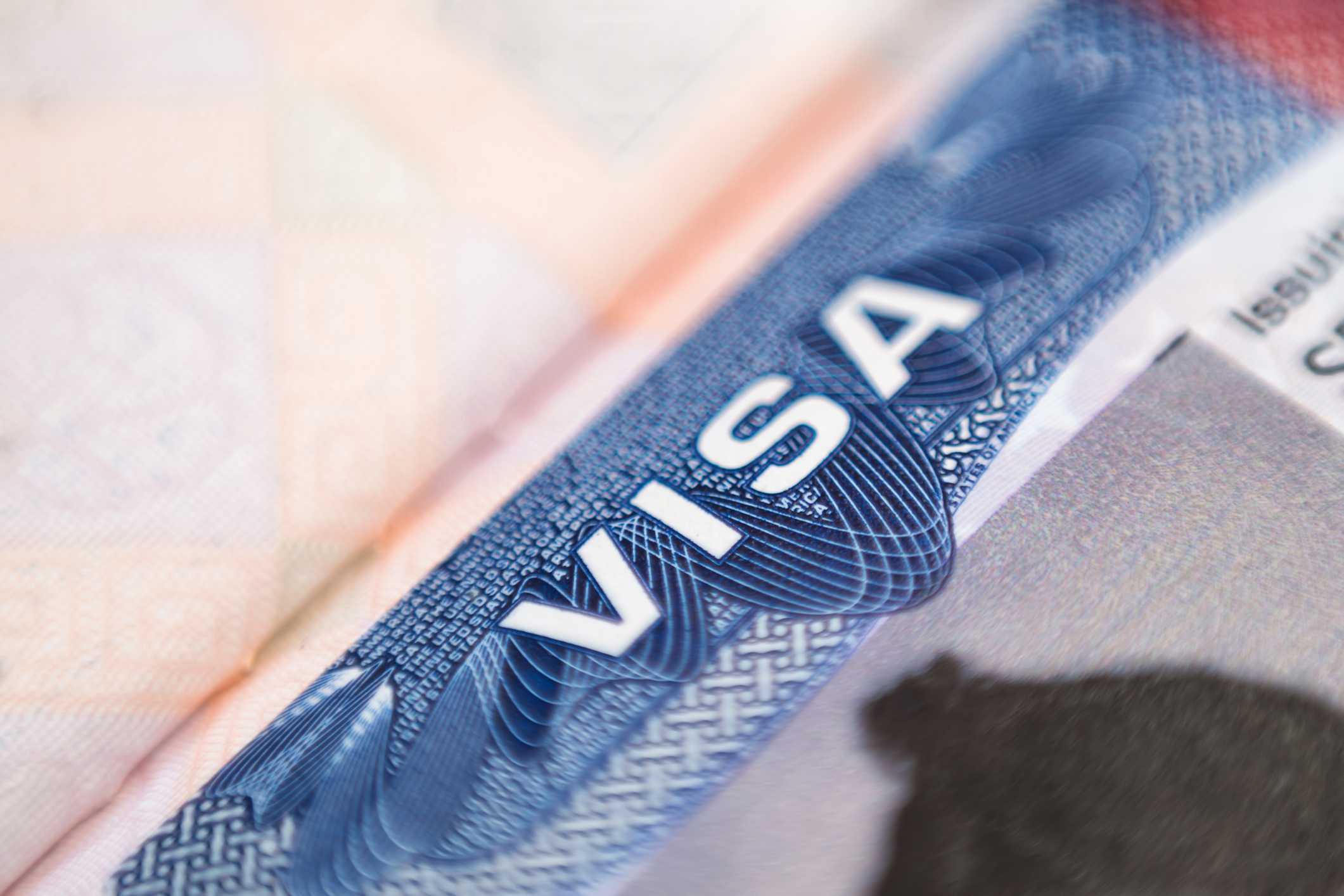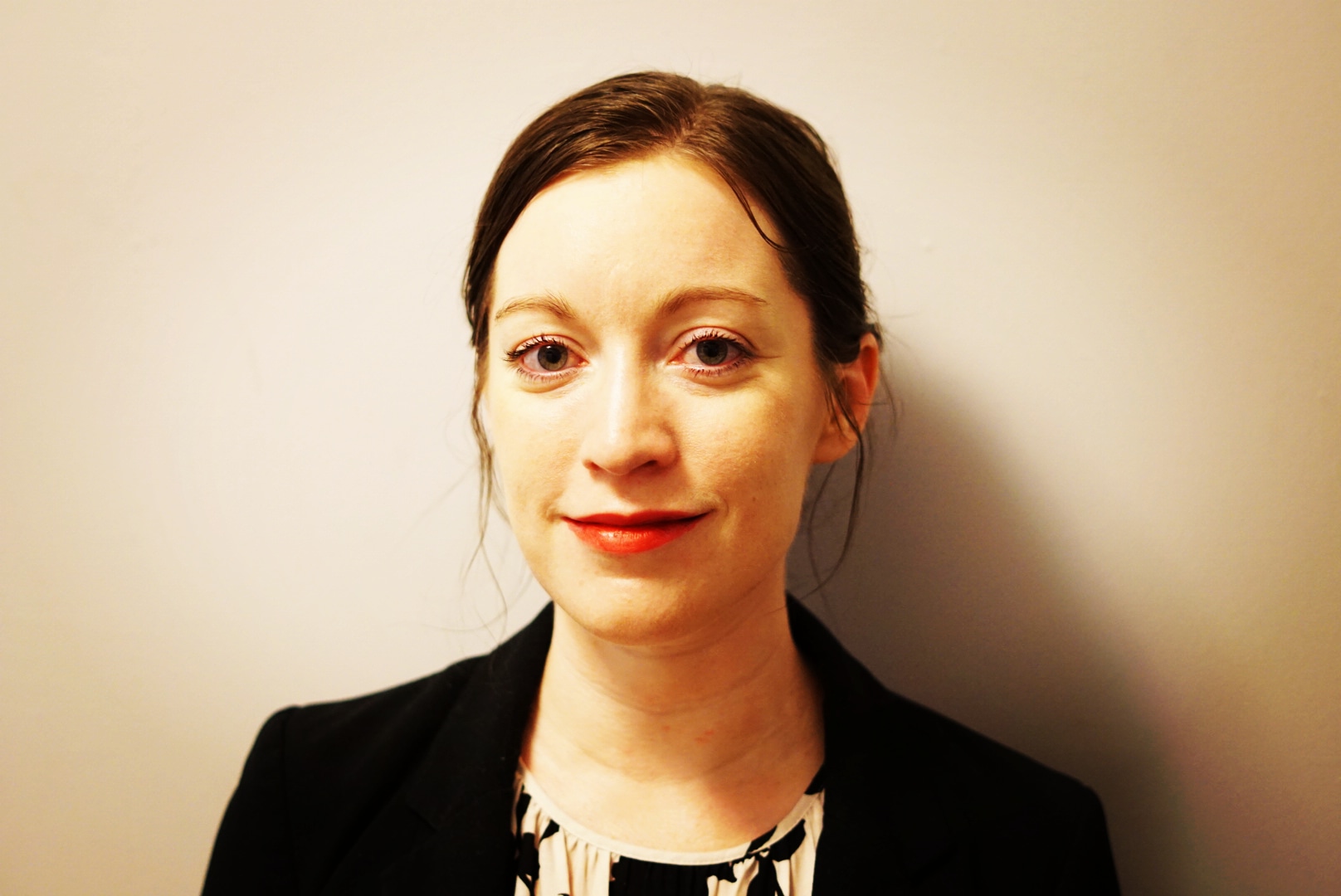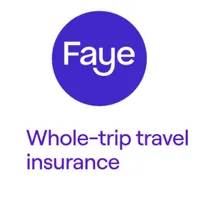Why Some Tourists May Soon Need to Pay a $15,000 Visa Bond
The $15,000 visa bond pilot program goes into effect later this month. Here's what we know so far.

Profit and prosper with the best of Kiplinger's advice on investing, taxes, retirement, personal finance and much more. Delivered daily. Enter your email in the box and click Sign Me Up.
You are now subscribed
Your newsletter sign-up was successful
Want to add more newsletters?

Delivered daily
Kiplinger Today
Profit and prosper with the best of Kiplinger's advice on investing, taxes, retirement, personal finance and much more delivered daily. Smart money moves start here.

Sent five days a week
Kiplinger A Step Ahead
Get practical help to make better financial decisions in your everyday life, from spending to savings on top deals.

Delivered daily
Kiplinger Closing Bell
Get today's biggest financial and investing headlines delivered to your inbox every day the U.S. stock market is open.

Sent twice a week
Kiplinger Adviser Intel
Financial pros across the country share best practices and fresh tactics to preserve and grow your wealth.

Delivered weekly
Kiplinger Tax Tips
Trim your federal and state tax bills with practical tax-planning and tax-cutting strategies.

Sent twice a week
Kiplinger Retirement Tips
Your twice-a-week guide to planning and enjoying a financially secure and richly rewarding retirement

Sent bimonthly.
Kiplinger Adviser Angle
Insights for advisers, wealth managers and other financial professionals.

Sent twice a week
Kiplinger Investing Weekly
Your twice-a-week roundup of promising stocks, funds, companies and industries you should consider, ones you should avoid, and why.

Sent weekly for six weeks
Kiplinger Invest for Retirement
Your step-by-step six-part series on how to invest for retirement, from devising a successful strategy to exactly which investments to choose.
Today, the State Department announced a new visa bond pilot program that will take effect on August 20. On that date, visitors from certain countries may need to pay a bond of $5,000 to $15,000 to enter the country as a tourist.
Like the $250 visa integrity fee introduced with the passage of the "One Big, Beautiful Bill," it's essentially a refundable security deposit. Visitors will get the money refunded if they don't breach the terms of the bond.
The State Department attempted a similar move during Trump's first term in office, implementing a six-month visa bond pilot program in 2020. But, pandemic-related travel restrictions forced the agency to put the program on hold.
From just $107.88 $24.99 for Kiplinger Personal Finance
Become a smarter, better informed investor. Subscribe from just $107.88 $24.99, plus get up to 4 Special Issues

Sign up for Kiplinger’s Free Newsletters
Profit and prosper with the best of expert advice on investing, taxes, retirement, personal finance and more - straight to your e-mail.
Profit and prosper with the best of expert advice - straight to your e-mail.
While its impact so far seems narrow in scope, the notice leaves room to expand its reach to more countries as the program continues. Here's everything we know about the $15,000 visa bond so far.
What is the visa bond pilot program?

According to the notification published by the State Department, the visa bond pilot program will apply to visitors with a B-1 or B-2 visa. These are essentially temporary tourist visas for people coming here for short-term vacations or business trips.
The department says it will impose the bond requirement on countries that have a high visa overstay rate. According to a 2023 report from the Congressional Research Service, fewer than 2% of nonimmigrant visa holders overstay their visa each year, which amounts to 720,000 overstays per year on average. The majority of those do first enter the country on a B-1 or B-2 visa.
It may also target countries that offer golden visas, or "citizenship by investment" along with a handful of other countries deemed high risk by the state department.
As part of the visa application process, consular officers can require a bond of no less than $5,000 and up to $15,000 from visitors who are coming from the target countries. The bond is meant to act as a kind of security deposit. As long as visa holders leave the country on or before the departure date, they'll get their money back. In reality, it's a little more complicated than that, as you'll see later in this article.
The pilot program will run for 12 months, expiring on August 6, 2026.
Faye Insurance offers travel insurance with 100% digital claims and real-time support.
Explore plans at withfaye.com.
Which countries have to post the visa bond?
Right now, only two countries are on the list: Malawi and Zambia. But the notice from the State Department stated that more could be added throughout the pilot program. If any are added, they will be announced at least 15 days before the bond requirements go into effect for those countries.
Because of the limited scope of the visa bond pilot program, the State Department estimates that only about 2,000 visitors will be expected to post the bond. But this is just a trial run to see if this kind of policy is logistically feasible.
The visa bond compliance requirements are tricky
On the surface, the process to get your bond returned seems straightforward. Visitors who leave on or before their authorized departure date (or who get a visa but end up not traveling at all) can have the bond payment returned to them.
In reality, it's a little more complicated than that. Visa holders must arrive and depart from one of the required ports of entry listed on the State Department website. Right now, that list includes just three airports: Boston, JFK and Washington Dulles.
So, tourists who want to visit, say, California or Florida, would need to make sure their flight itinerary has them entering and leaving the country through one of those northeastern airports.
What the visa bond means for those seeking asylum
An easy-to-overlook detail of this new pilot program is the third condition that counts as a breach of the visa bond. Visitors who travel here on a valid nonimmigrant visa and then apply for an immigrant visa will be considered in breach of the bond and won't get their refund. The State Department specifies that this includes applying for asylum.
At the same time, U.S. law requires asylum seekers to be physically present in the country in order to claim asylum here. The only legal way to do that, then, is to enter the country on a nonimmigrant visa.
The timing of this new pilot program is notable. It comes just one month after a federal judge struck down Trump's proclamation blocking asylum seekers coming to the country through the U.S. border with Mexico.
While this program doesn't actually ban asylum seekers, it does effectively mean that refugees coming from countries on the list will have to treat the up to $15,000 bond as an application fee – as they have no choice but to enter the country in order to claim asylum and, in claiming asylum, they are in breach of the visa bond.
What to expect next from the visa bond pilot program
For now, the visa bond pilot program applies to just a few travelers from select countries. But depending on how it unfolds, the State Department may expand it to include more countries — potentially affecting thousands more visitors in the future.
Travelers should check the U.S. State Department’s website for the most up-to-date list of countries affected by the visa bond requirement.
Related content
Profit and prosper with the best of Kiplinger's advice on investing, taxes, retirement, personal finance and much more. Delivered daily. Enter your email in the box and click Sign Me Up.

Rachael Green is a personal finance eCommerce writer specializing in insurance, travel, and credit cards. Before joining Kiplinger in 2025, she wrote blogs and whitepapers for financial advisors and reported on everything from the latest business news and investing trends to the best shopping deals. Her bylines have appeared in Benzinga, CBS News, Travel + Leisure, Bustle, and numerous other publications. A former digital nomad, Rachael lived in Lund, Vienna, and New York before settling down in Atlanta. She’s eager to share her tips for finding the best travel deals and navigating the logistics of managing money while living abroad. When she’s not researching the latest insurance trends or sharing the best credit card reward hacks, Rachael can be found traveling or working in her garden.
-
 Quiz: Do You Know How to Avoid the "Medigap Trap?"
Quiz: Do You Know How to Avoid the "Medigap Trap?"Quiz Test your basic knowledge of the "Medigap Trap" in our quick quiz.
-
 5 Top Tax-Efficient Mutual Funds for Smarter Investing
5 Top Tax-Efficient Mutual Funds for Smarter InvestingMutual funds are many things, but "tax-friendly" usually isn't one of them. These are the exceptions.
-
 AI Sparks Existential Crisis for Software Stocks
AI Sparks Existential Crisis for Software StocksThe Kiplinger Letter Fears that SaaS subscription software could be rendered obsolete by artificial intelligence make investors jittery.
-
 One of the Most Powerful Wealth-Building Moves a Woman Can Make: A Midcareer Pivot
One of the Most Powerful Wealth-Building Moves a Woman Can Make: A Midcareer PivotIf it feels like you can't sustain what you're doing for the next 20 years, it's time for an honest look at what's draining you and what energizes you.
-
 I'm a Wealth Adviser Obsessed With Mahjong: Here Are 8 Ways It Can Teach Us How to Manage Our Money
I'm a Wealth Adviser Obsessed With Mahjong: Here Are 8 Ways It Can Teach Us How to Manage Our MoneyThis increasingly popular Chinese game can teach us not only how to help manage our money but also how important it is to connect with other people.
-
 Looking for a Financial Book That Won't Put Your Young Adult to Sleep? This One Makes 'Cents'
Looking for a Financial Book That Won't Put Your Young Adult to Sleep? This One Makes 'Cents'"Wealth Your Way" by Cosmo DeStefano offers a highly accessible guide for young adults and their parents on building wealth through simple, consistent habits.
-
 My Spouse and I Are Saving Money for a Down Payment on a House. Which Savings Account is the Best Way to Reach Our Goal?
My Spouse and I Are Saving Money for a Down Payment on a House. Which Savings Account is the Best Way to Reach Our Goal?Learn how timing matters when it comes to choosing the right account.
-
 We're 78 and Want to Use Our 2026 RMD to Treat Our Kids and Grandkids to a Vacation. How Should We Approach This?
We're 78 and Want to Use Our 2026 RMD to Treat Our Kids and Grandkids to a Vacation. How Should We Approach This?An extended family vacation can be a fun and bonding experience if planned well. Here are tips from travel experts.
-
 My First $1 Million: Retired From Real Estate, 75, San Francisco
My First $1 Million: Retired From Real Estate, 75, San FranciscoEver wonder how someone who's made a million dollars or more did it? Kiplinger's My First $1 Million series uncovers the answers.
-
 To Love, Honor and Make Financial Decisions as Equal Partners
To Love, Honor and Make Financial Decisions as Equal PartnersEnsuring both partners are engaged in financial decisions isn't just about fairness — it's a risk-management strategy that protects against costly crises.
-
 Top 5 Career Lessons From the 2026 Winter Olympics (So Far)
Top 5 Career Lessons From the 2026 Winter Olympics (So Far)Five lessons to learn from the 2026 Winter Olympics for your career and finances.
